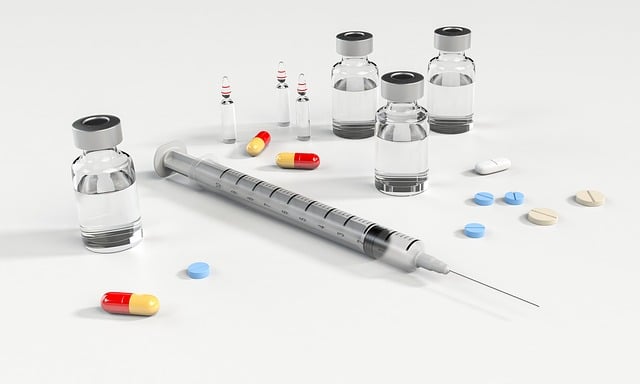After a medical wart removal service, prevent reoccurrence by understanding HPV behavior and following post-removal care advice. This includes keeping treated areas clean and dry, avoiding friction, strengthening immune system with healthy habits, practicing good hygiene, protecting skin from UV radiation, regular wart checks during healthcare visits for early detection and treatment.
Warts can be stubborn, often returning after removal. But don’t despair! Understanding their behavior and taking proactive steps can prevent reoccurrence. This guide explores a comprehensive strategy involving post-removal care, immune system strengthening, lifestyle adjustments, and regular check-ups. By implementing these essential practices, you can effectively manage warts and rely on professional medical wart removal services for long-lasting results.
- Understand Wart Behavior to Prevent Reoccurrence
- Post-Removal Care: Essential Steps for Success
- Immune System Boost: Strengthen Your Defense
- Lifestyle Changes: Hygiene and Sun Exposure
- Regular Check-ups: Early Detection is Key
Understand Wart Behavior to Prevent Reoccurrence
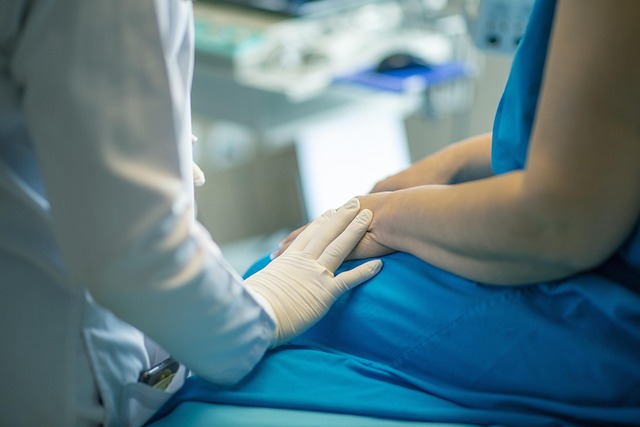
Warts are caused by the human papillomavirus (HPV), which can remain dormant for some time before re-emerging. Understanding this behavior is crucial in preventing their recurrence after removal. After a medical wart removal service, it’s important to recognize that warts often return due to the virus’ ability to spread and affect other areas of the skin. This is why proactive measures are necessary.
For instance, those who have undergone wart removal in Leeds or Coventry should avoid scratching or picking at the treated area, as this can stimulate viral replication. Additionally, keeping the skin clean and dry, and avoiding activities that may cause friction to the affected region, can significantly reduce the likelihood of wart reoccurrence. Also, it’s advisable not to try removing warts at home, as improper techniques could lead to further complications or infection.
Post-Removal Care: Essential Steps for Success
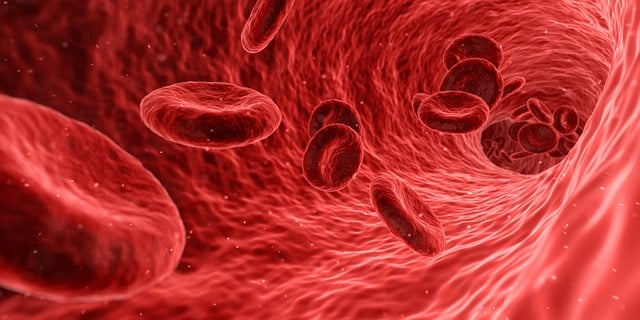
After successful medical wart removal by a professional service like Epsom Wart Clinic, private wart removal centres in Canterbury, or even local options such as wart removal Blackburn, proper post-removal care is crucial to prevent reoccurrence. It involves keeping the treated area clean and dry, avoiding scratching or touching the skin, and using recommended topical medications to aid healing and strengthen the immune response against potential virus reintroduction.
Additionally, wearing loose clothing and protecting the area with bandages or patches can help reduce friction and irritation, which may trigger wart reappearance. It’s important to remember that each person’s healing process is unique, so adhering strictly to a healthcare professional’s advice, including any prescribed treatments or follow-up visits, will significantly decrease the chances of warts returning.
Immune System Boost: Strengthen Your Defense

Strengthening your immune system can be a powerful tool in preventing the reoccurrence of warts after medical wart removal services like those offered at a Manchester wart clinic or private wart removal Essex Colchester practices. A robust immune response is key to fighting off viral infections, including the human papillomavirus (HPV) that causes warts.
Adopting an immunity-boosting lifestyle can include various strategies such as maintaining a balanced diet rich in vitamins and minerals, staying hydrated, getting regular exercise, and prioritizing quality sleep. Additionally, managing stress levels through techniques like meditation or yoga can also contribute to a healthier immune system, making your body better equipped to ward off potential wart reoccurrence.
Lifestyle Changes: Hygiene and Sun Exposure
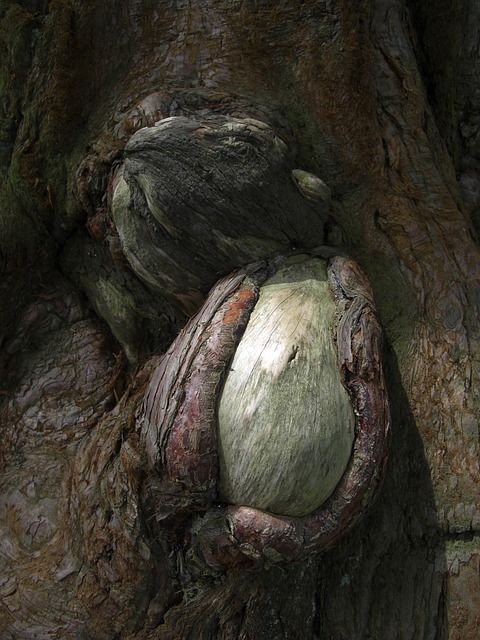
Maintaining good hygiene practices is a vital part of preventing reoccurrence after a medical wart removal service. Keep your skin clean and dry, ensuring that you regularly wash your hands thoroughly with soap and warm water, especially before meals and after using the bathroom. Avoid touching or scratching warts on others to prevent spreading the virus. Additionally, sun exposure can trigger wart growth, so it’s crucial to protect your skin from excessive UV radiation. Wear protective clothing, such as long sleeves and pants, when outdoors, and consider using broad-spectrum sunscreen with a high SPF to minimize sun damage.
Understanding your specific wart type is essential for implementing effective long-term wart prevention strategies. Different warts may require tailored approaches, so consult a healthcare professional who can advise on the best course of action based on your individual case. Regular check-ups and awareness of any new skin growths will help ensure prompt treatment if warts do reoccur.
Regular Check-ups: Early Detection is Key
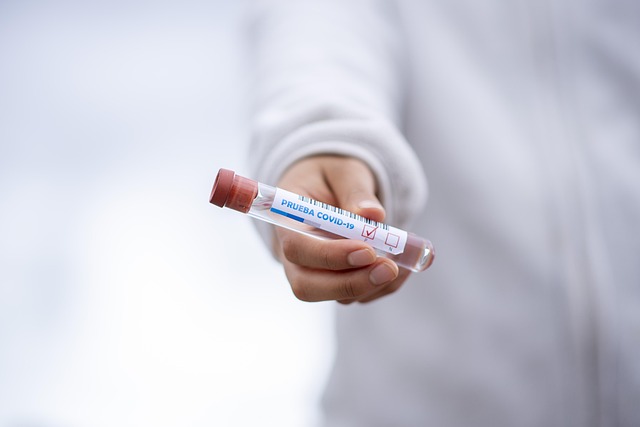
Regular check-ups are an essential part of preventing the reoccurrence of warts after their initial removal by a medical wart removal service. Early detection is key; warts can be hard to spot, especially in hidden areas like between fingers or on the soles of feet. A professional healthcare provider can inspect your skin and identify any new or recurring warts during routine check-ups, allowing for prompt treatment before they become a problem again.
This proactive approach is particularly important given that wart removal side effects can vary, and every person’s experience is unique. For instance, some methods may cause temporary redness, itching, or blistering, while others could lead to scarring in rare cases. By keeping up with regular visits, especially if you’ve had warts before, you can ensure effective treatment and minimize potential complications, such as those experienced during wart removal Bradford, Essex Southend-on-Sea, or other areas.
Preventing warts from returning after removal is key to maintaining a clear, healthy skin. By understanding how warts behave and taking proactive steps post-removal, you can enhance your chances of long-term success. Regular check-ups with a medical wart removal service are essential for early detection, while boosting your immune system and adopting healthier lifestyle habits can help strengthen your body’s defense against future infections. Combining these strategies ensures a comprehensive approach to preventing reoccurrence and keeping your skin smooth and free from warts.
